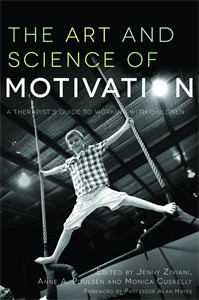This book provides teachers and other professionals with a highly effective, easy-to-follow curriculum for teaching children with high-functioning autism, Asperger syndrome and related social challenges to relate to and interact with others successfully by developing a solid, basic foundation in Theory of Mind (ToM).
Dr. Kirstina Ordetx provides an accessible overview of the key concepts of ToM, and explains how to assess each child's readiness for the curriculum, suggesting practical ways in which to support those who do not yet meet the minimum criteria. Twelve 60-90 minute lesson plans for use with small or large groups of children aged approximately 7-16 are then presented, each of which is accompanied by a photocopiable letter to provide parents and carers with suggested activities for practicing and reinforcing the concepts and skills learnt at home. The lesson plans are engaging and varied, and are grounded in Cognitive Behavioral Therapy (CBT), an approach which is recognized as one of the most effective methods of providing developmental interventions to children on the autism spectrum. All of the supplementary materials needed to teach the curriculum are included in the book: a photocopiable assessment checklist, a photocopiable social skills poster, and over 200 cut-out-and-use flash cards.
Developed by the author over twenty years' of working with children with autism and related social challenges, and used effectively with many hundreds of students, this curriculum is an essential resource for teachers in special and mainstream education settings. It will also be of interest to other professionals involved in supporting this group, including behavioral therapists, speech and language therapists, occupational therapists, and school and guidance counsellors.







